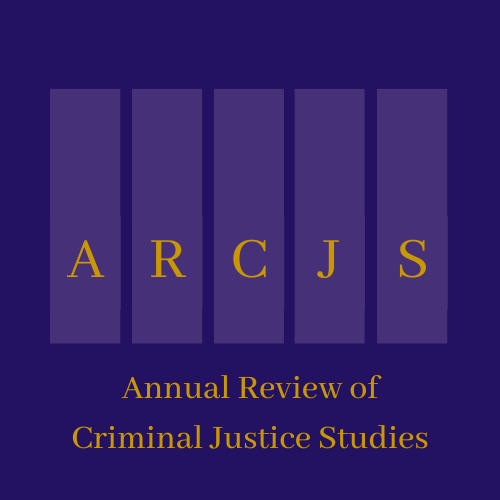Discussing the Difficulties Language Barriers Impose on Legal Proceedings
Abstract
Thousands of people are criminally and civilly tried by the United
States government everyday. English is the language of common-law, in which
most legalese stem from. Courtroom discourse has notorious been dominated by
niche legalese, a subset from day-to-day English. For a defendant who does not
speak English, or has a limited English proficiency (LEP), language barriers can
impose difficulties on any court proceedings where Legal English may
dominate. Language barriers are perplexities in communication or
comprehension between individuals speaking different languages and dialects.
The Legal English used in legalese is designed to make legal proceedings sound
official, but can also be difficult to understand. Due to preconceived gaps in
discourse between Legal English and day-to-day English, discrepancies between
both native-English and non-native English speakers (or limited English
proficiency; LEP) is posed. This can potentially lead to difficulties carrying out
criminal proceedings. Difficulties such as lack of interpreters or accurate
interpretation for defendants, loss of nuance in translation of legal text, delays in
proceedings, diminished defendant credibility (DDC) in testimonies, and due
process are all at stake when defendants do not speak the dominant discourse.
Conducting criminal proceedings solely in Legal English puts LEP individuals at
risk of injustice. On many occasions language can be the only thing standing
between a defendant’s freedom and their incarceration. Through critical analysis
taken from a variety of literature, this paper focuses on the difficulties language
barriers impose on legal proceedings.

